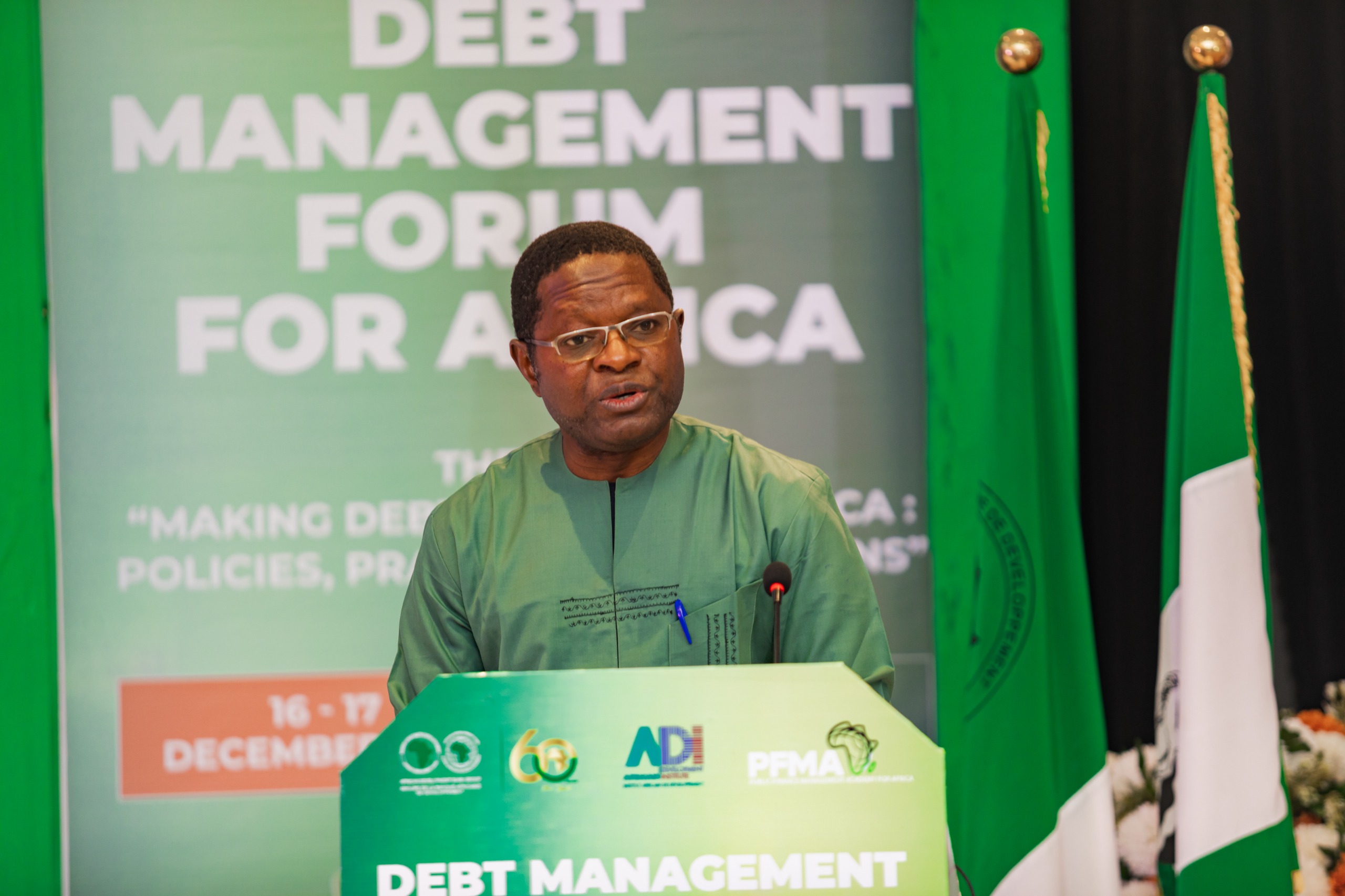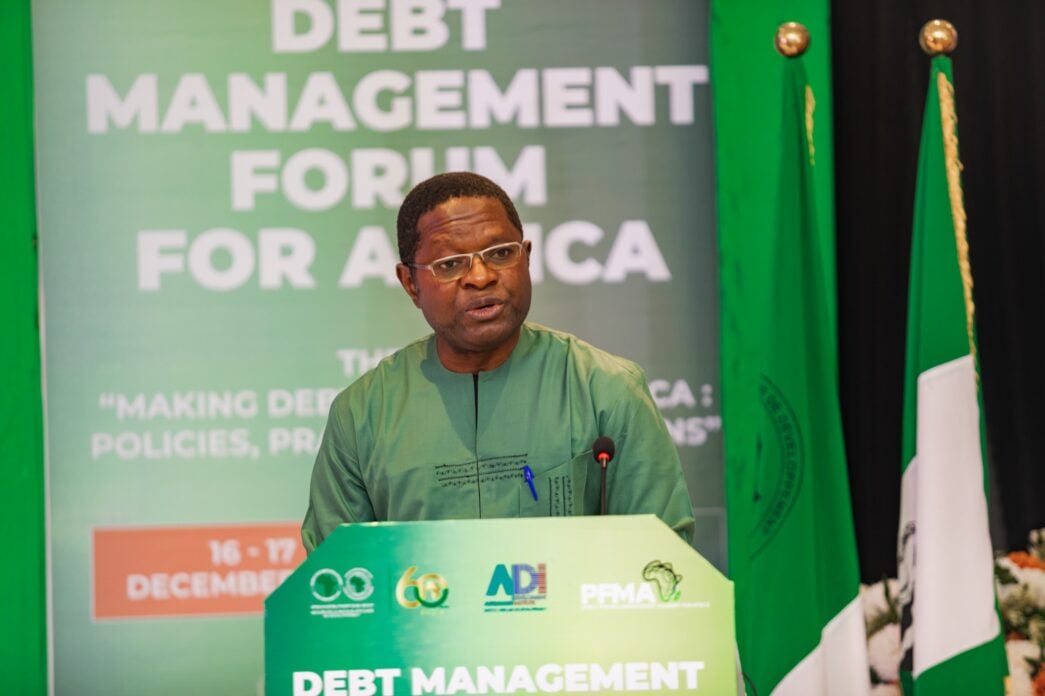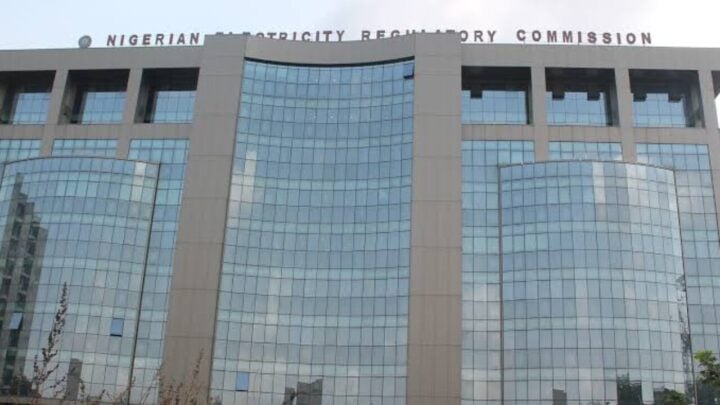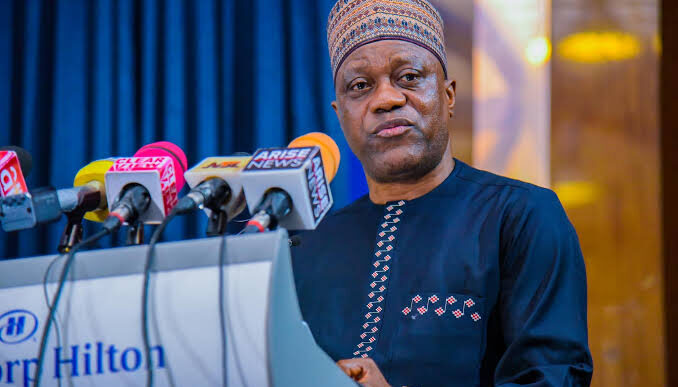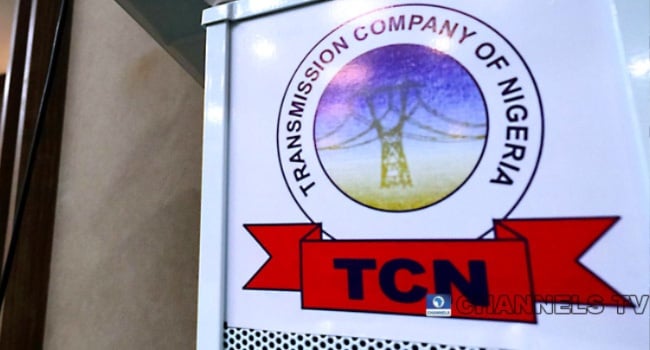The African Development Bank (AfDB) says African countries, including Nigeria, have collaborated to establish a continental credit rating agency to counterbalance Western credit rating agencies’ bias against Africa.
Kevin Urama, vice-president and chief economist, economic governance and knowledge management, AfDB Group, spoke on Tuesday at the launch of the Debt Management Forum for Africa, organised by the bank in Abuja.
S&P Global Ratings, Fitch Ratings and Moody’s are top three global credit rating agencies.
Speaking at the event, Urama, said the proposed African credit rating agency would address the prejudice against the continent.
Advertisement
“Now, as you have already heard here, the credit ratings of Africa, not credit rating agencies, but the credit ratings of Africa seem to have some bias,” he said.
The bias, he said, is due to asymmetric information.
Urama said it is also because rating agencies use a methodology that also looks at the physical data and perceptions of data in terms of the discretionary way of human beings.
Advertisement
“So, if you have a committee to rate Mr. A, B, C, or D, it is going to look at historical path dependence. It’s like if you go to the US and there’s a crime that happens in a black neighbourhood, who do you think the police are going to look for? People commit crimes frequently because there is a pattern,” he said.
“So, if there’s a pattern of political upheavals in Africa, when there’s an election coming, investors will get jittery.
“If there’s a pattern of corruption, then investors get jittery. If I’m going to invest and there is no guarantee of exit, when I want to take my money out, of course, people are going to get jittery. So, some of those information asymmetries are founded on the continent.”
Urama said Africa needs to address information asymmetry, leading to the floating of an African credit rating agency, adding that the agency aims to educate Africans to stop blaming the big three credit rating firms for similar ratings.
Advertisement
“But perchance, they can provide what I call a counterfactual. So, if the rating agencies come up with a rating and put you as B-, and then that African Credit Rating Agency puts you as AAA, then, that’s a problem. So, both of them will have to reconcile their methodology and the data sources,” he said.
“And by doing that alone, you are engaging; you are improving the engagement of the rating agencies and their understanding of Africa. So that’s another point for me that the credit rating agency will do to provide the counterfactual. Above all, better transparency in building capacity of African countries on what is important.”
ONIHA: TIME ALLOCATED BY CREDIT RATING FIRMS TOO SHORT
Also speaking, Patience Oniha, director-general (DG) of the Debt Management Office (DMO), said the time allocated to countries to respond to queries was too short.
Advertisement
She noted that the rating agencies were criticised after the last global financial crisis because many of the financial institutions they had rated triple AAAs went under, citing Lehman Brothers.
“So, what is the challenge with the rating agencies? So, I think they do a very thorough job. But my first point from working with them is that the feedback mechanism after they’ve written that report, after the wise men have gone into the dark room and sat well to prepare that report, the feedback mechanism from the institution or country being rated is very short and limited,” Oniha said.
Advertisement
“So, when they prepare their reports, meaning they put together everything they received from God knows maybe 100 institutions, including the IMF and the World Bank, and something they speak to them as well. If you are very lucky, they give you a maximum of 24 hours to respond.”
She said the reports have figures, so, it takes time to analyse the report and give feedback, but countries have only one hour to do it.
Advertisement
“The second one, so that’s an area I think there should be a change. I raised it with them at the World Bank and other places in October, and they said that was the regulation. There was a regulation. So, maybe that is something to push for a change in regulation,” Oniha said.
The DG added that there was a need for flexibility and openness in receiving and analysing new data from credit rating agencies.
Advertisement
Add a comment
